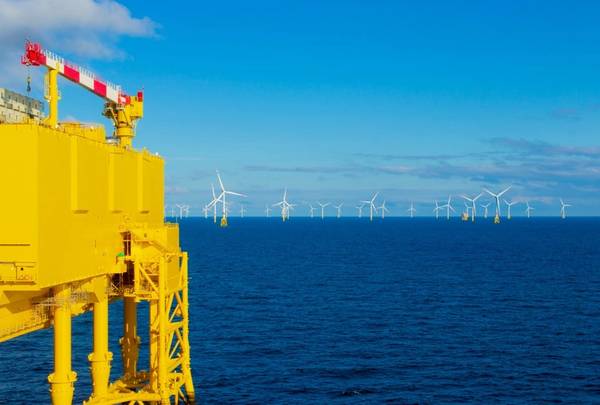
The German government wants to buy either a majority stake or all of the German subsidiary of Dutch power grid operator TenneT as part of Berlin's planned transition towards sustainable energy use, two German government sources told Reuters.
Talks on the sale between Germany and the Netherlands, which had stalled last year, are progressing and are likely to finish in the first of half of 2023, the sources said on Wednesday.
Germany's economy ministry declined comment. Speaking at a briefing on Wednesday, Economy Minister Robert Habeck said a stake in TenneT was "politically attractive" but did not give more details.
European Union countries want to shift to green energy to meet their climate goals but have risked falling behind, as cuts in Russian gas supplies since the invasion of Ukraine forced governments to fall back on remedies such as high-carbon coal.
"For the goal of accelerating the energy transition and achieving climate neutrality by 2045, a considerable further network expansion will be necessary in Germany," said a letter from Germany's finance ministry to parliament, seen by Reuters.
"The preservation of appropriate rights and influence on TenneT Germany are of central importance," the letter said.
The Netherlands, which owns TenneT, signed an agreement with Germany in May 2020 to explore the sale of a stake in TenneT in order to help fund the company's ambitious investment plan of up to 50 billion euros over the coming decade, around 70% of which will take place in Germany.
TenneT's investment needs will increase as Germany and the Netherlands expand wind and solar power, with the push for offshore wind in particular involving huge connection costs to bring it onshore.
The capital needs for the German part of the company have more than doubled in the past year to around 11 billion euros ($11.4 billion), Dutch Finance minister Sigrid Kaag wrote in a letter to parliament this week.
TenneT would need fresh capital to fund its German operations by early 2024, Kaag said. This will need to come from outside investors, as the Dutch state has repeatedly said it will only provide capital for Dutch operations.
"Therefore it remains very important to find a long term solution for the German capital needs," Kaag said.
A decision on a possible investment by Germany is expected early in 2023, Kaag said, in order to leave time to seek alternative solutions if the German state decides not to invest.
($1 = 0.9638 euros)
(Reuters - Reporting by Bart Meijer and Markus Wacket; Writing by Bart Meijer and Matthias Williams; Editing by Simon Cameron-Moore, Kirsten Donovan)